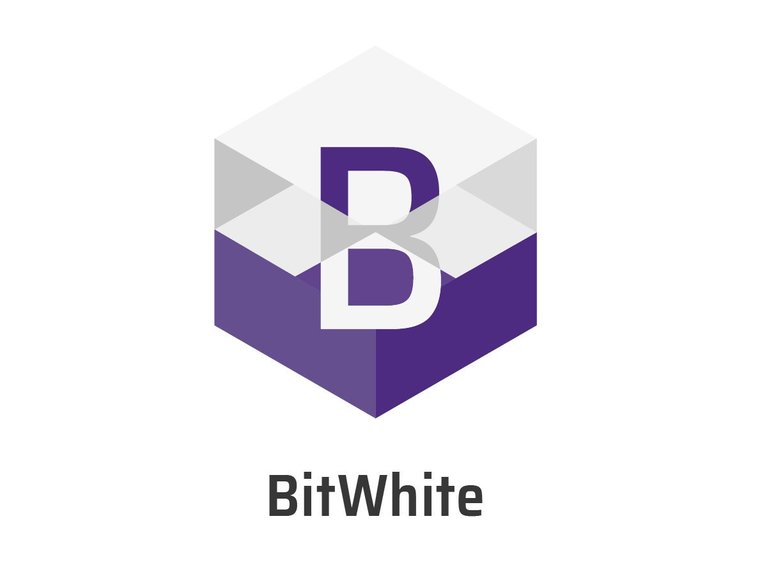
Before the appearance of crypto-exchanges, the bitcoin just transferred from one source to another or from the wallet to wallet. There were forums where people negotiated deals. But over time Bitcoin became a valuable commodity, alternative crypto-currencies appeared and the speed of exchange through the forums was not enough.
This led to the emergence of the MtGox exchange, one of the first crypto-exchanges. Since there were no more convenient and fast options at that time, people sent their coins for storage and operations to stock exchange purses. Later, this exchange became the object of hacking and massive technical problems that led to bankruptcy and loss of all funds that were in storage. According to official information, in 2014, 650,000 bitcoins were considered disappeared, and the company filed an application for liquidation.
The Bitfinex exchange was the most popular crypto currency in the world in 2014. In 2016 it underwent a hacker attack, 119 756 bitcoins were stolen from the accounts of users.
Founded in 2014, the ShapeShift exchange was making headway quickly, working with various crypto currency. Thanks to remote access to the computers of the exchange, 100 bitcoins, 4000 ethereum, 2000 lightcoins were stolen.
The Cryptsy Exchange, which was the largest in the market in 2015, declared bankruptcy after a major larceny of 10,000 BTC. According to the leaders of the exchange, the reason was the IRC backdoor, which was placed in the system by the developer, allowing to interact remotely with computers and data.
These and other incidents made it clear to the public and investors that another way of dealing with crypto-currencies is needed, more safer. The currency, that went to the purse of the centralized exchange, in fact was stored in a certain firm and was located on certain equipment. In addition, such centralization could allow the use of dishonest methods of market management, not to mention technical failures, when the funds were simply not available.
This situation completely contradicted the main idea of bitcoin — full decentralization, security, privacy, speed and ease of use. Centralized exchange of crypto currency, like the usual financial structures with fiat money, could be subject to direct management, manipulation, hacking and steal.
Do not forget about the pressure from the “overseers” — the attempts of governments to regulate the growing crypto-currency trade, imposing new laws and restrictions.
The emergence of smart contacts, based on the blockchain of the Ethereum, led to the emergence of new types of exchanges, independent, autonomous and decentralized. While government regulators are trying to block anonymous trading by introducing KYC (Know-Your-Customer) on centralized trading floors, many market players are looking towards DEX (decentralized exchange).
Here are some of advantages of this decentralized trade:
- Anonymity — there is no need to verify the identity by sending passport or driver’s license data, there is also no need to create an account that could be blocked;
- the absence of intermediaries and owners — no one can manipulate prices and create intentional technical problems, each transaction remains in the blockchain, which is shared by all network participants;
- security — funds remain in the purse of the owner, the user of the exchange completely controls his finances;
- Reliability — trading operations are carried out on the basis of the blockhain of exchange, which is located on a variety of computers, so there is no possible a physical disconnection, forge or hacking the network.
Despite the problems encountered among DEX projects (it is enough to recall the DNS Etherdelta substitution), decentralized trade technologies are at the beginning of their journey. In a relatively short period of time, DEX attracted a huge number of investors. Despite the large number of scammers among the projects, these exchanges brought a huge profitability, and also gave investors the opportunity to find good projects with strong potential.
The idea of a crypto currency and bitcoin were created for the future, where is no place for centralization. With all the existing crises, attempts of government to impose another financial control, major burglaries from trade purses, the exit is seen in the development of independent exchanges that are able to survive . That is called DEX.

https://t.me/BTW_Community
https://bitwhite.org/
Daemon - BitWhite Team
Hi! I am a robot. I just upvoted you! I found similar content that readers might be interested in:
https://medium.com/@BitWhite/dex-are-exchanges-that-will-survive-d7dd461c4db3